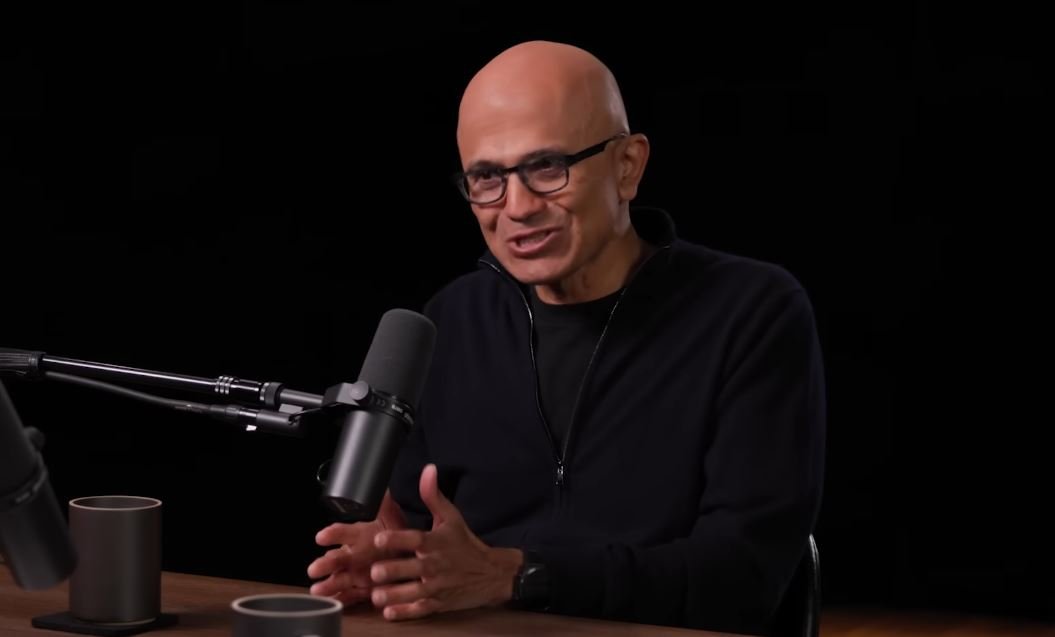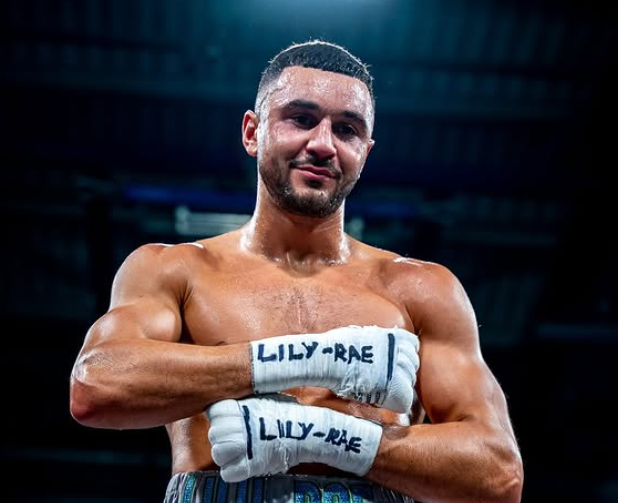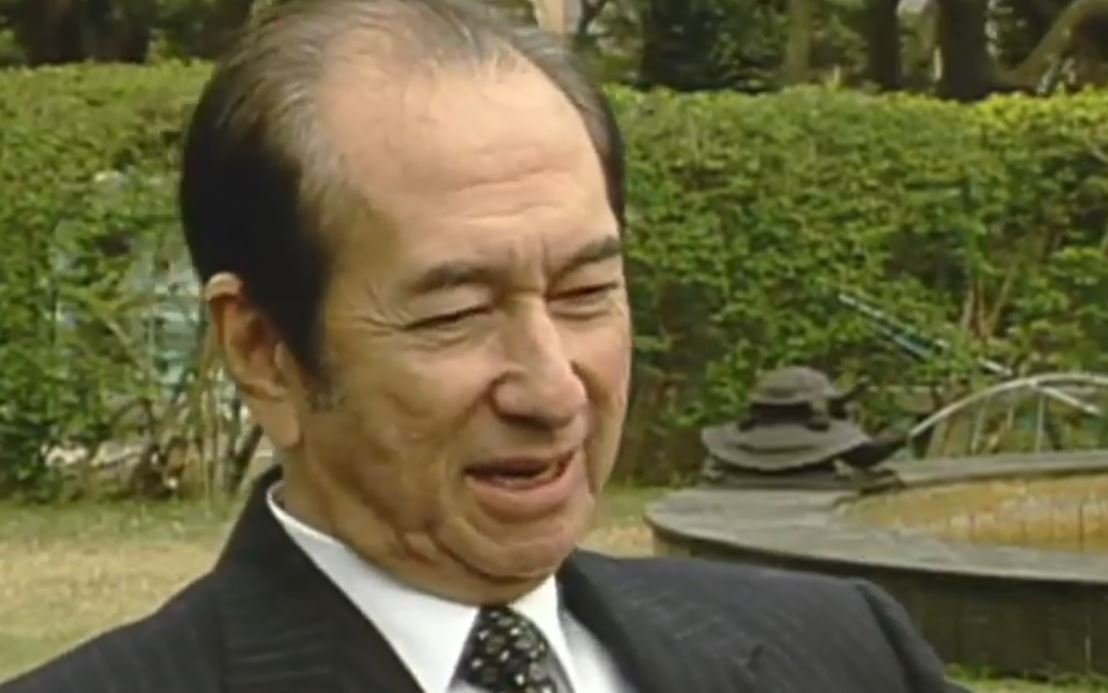A compelling example of how strategic leadership, long-term vision, and performance-linked equity can propel a corporate executive to billionaire status without starting a company is provided by Satya Nadella’s net worth, which is currently estimated at $1 billion. Nadella is a remarkable example of what corporate stewardship can accomplish over time. He joined Microsoft in 1992 and rose through the ranks with perseverance and a clear vision. His financial path, which was influenced by innovation rather than inheritance, exemplifies a new form of executive wealth creation that is evaluated by long-term value rather than by fads.
Many people believed that Microsoft was losing ground to competitors by the time he became CEO in 2014. However, Nadella started one of the most remarkable corporate turnarounds in the last 20 years with his composed demeanor and profound knowledge of both engineering and business. Microsoft’s market value increased from $315 billion to almost $3 trillion under his direction. Nadella’s personal wealth was greatly increased by the company’s stock performance alone, mostly as a result of performance-based shares and options that matured as Microsoft’s stock rose sharply.
Satya Nadella – Biography and Net Worth Overview
| Attribute | Detail |
|---|---|
| Full Name | Satya Narayana Nadella |
| Date of Birth | August 19, 1967 |
| Place of Birth | Hyderabad, India |
| Citizenship | United States |
| Education | BTech – Manipal Institute of Technology; MS – University of Wisconsin; MBA – University of Chicago |
| Role | Chairman and CEO, Microsoft |
| Microsoft Tenure | Joined in 1992; CEO since February 2014 |
| Estimated Net Worth | $1 billion (as of 2025, per Forbes and SEC filings) |
| Major Asset | Microsoft shares and stock-based compensation |
| Notable Awards | Padma Bhushan (2022), TIME 100 (2018, 2024) |
Nadella’s yearly salary has increased recently in line with Microsoft’s explosive market growth. According to reports, his 2024 package totaled $79.1 million and included base pay, yearly bonuses, and sizeable stock awards. Notably, in 2021, as part of a larger divestment strategy, he sold Microsoft shares for $285 million in two days, leaving him with more than 850,000 shares left. These shares, which are incredibly resilient assets, currently make up the majority of his growing financial portfolio.
Nadella’s financial success is a result of what some have dubbed the “hired-hand billionaire” phenomenon, in contrast to many well-known tech billionaires who amassed wealth through ownership from the start. He joins a select group of executives who, while working for well-known companies, transformed disciplined leadership into enormous personal wealth, such as Steve Ballmer and Tim Cook. This approach, which is especially creative in its sustainability, prioritizes accountability, trust, and steady delivery over time.
Nadella oversaw acquisitions during his time there that changed Microsoft’s position in the market. Significant long-term value was added in 2016 when he decided to pay $26.2 billion to acquire LinkedIn. Microsoft’s developer ecosystem was reinforced in 2018 when it paid $7.5 billion to acquire GitHub. Activision Blizzard was acquired for a whopping $69 billion in 2023, demonstrating Nadella’s intention to position Microsoft at the nexus of immersive computing and gaming. The multi-year, multibillion-dollar investment in OpenAI, a wager on AI that is already yielding results through Microsoft Copilot and Azure-integrated AI services, has been equally strategic.
A change in Microsoft culture was also signaled by the appointment of Nadella in place of Steve Ballmer. A highly competitive internal culture was replaced by one focused on empathy and teamwork under Nadella. He significantly enhanced Microsoft’s reputation and employee satisfaction by emphasizing individual development, group intelligence, and global inclusivity. Microsoft’s repositioning as a partner-friendly tech company, which few people thought was possible in its early days of fierce competition, is a particularly obvious example of this shift.
Nadella was born in Hyderabad and received his education in both India and the US. His ascent has been both international and rooted. Before coming to the United States to pursue graduate work in computer science and then an MBA obtained through weekend classes while working a full-time job, he obtained his bachelor’s degree in electrical engineering. Far from being affluent or inherited, his academic trajectory offers a strikingly relatable story for aspiring technologists everywhere.
Nadella’s presence outside of Microsoft is still subdued and considerate. He previously sat on the Starbucks board and currently serves on boards like the University of Chicago. His 2017 book Hit Refresh provided a personal glimpse into his leadership philosophy, with all proceeds going to nonprofit organizations. His work on accessibility and healthcare innovation has also been impacted by his family life, which was characterized by the death of his son Zain in 2022. Even at the highest level of a trillion-dollar company, these individual experiences have helped to create a remarkably human leadership style.
In Nadella’s financial life, real estate has had a small but significant impact. He made a wise investment when he sold his long-time family home in Washington in 2016 for $2.8 million, more than twice what he had paid for it. In the context of his larger financial structure, which is still closely tied to Microsoft stock and long-term executive compensation, such actions are mainly symbolic.
Additionally, Nadella’s career has caused a number of corporate boards and institutional investors to reconsider how they assess leadership potential. His ability to maintain a long-term strategy while navigating technological change, regulatory obstacles, and competitive disruption has been especially advantageous for Microsoft’s brand. Because of this, his example is being examined in boardrooms and MBA programs alike, and analysts frequently use his tenure as a case study in remarkably resilient corporate growth.
In light of contemporary executive trends, Nadella’s financial ascent is noteworthy. Nadella’s compensation plan is strongly linked to value creation rather than just tenure or hype, even though CEO pay is still a topic of discussion. Microsoft has created a leadership culture where financial incentives and strategic resilience are in harmony by incorporating stock options that reward long-term returns and shareholder satisfaction. Because of this alignment, volatility has decreased and an infrastructure that reacts to market changes much more quickly has been built.
Nadella’s influence is expected to increase in the future. Microsoft is once again at the forefront of a technological revolution as AI integration speeds up and its Copilot tools are embraced by various industries. Nadella is especially powerful right now because of his reputation as a leader who not only knows where technology is going but also how to make it responsibly accessible.










